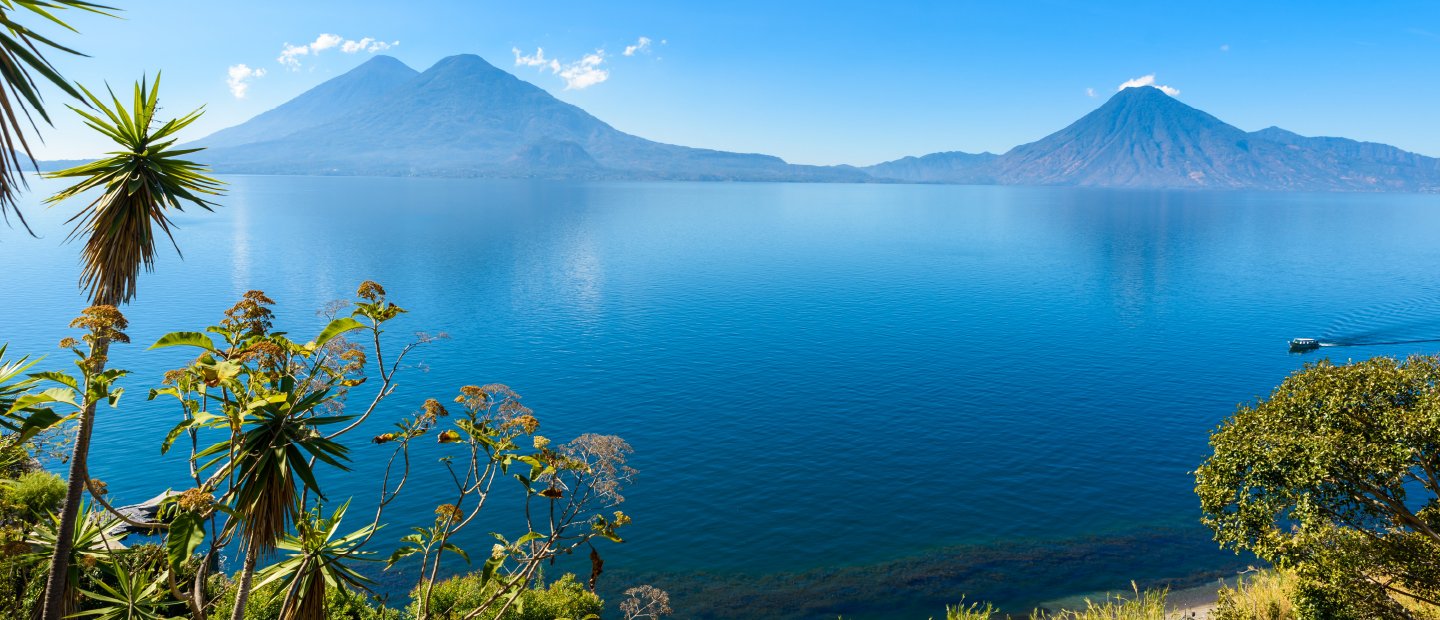- See an Adviser
- Study Abroad
- OU Faculty-Led Programs
- Archaeology in Israel
- Art and Art History in Volterra, Italy
- Beijing in Spring
- Biomedical Sciences in Taiwan
- British Studies at Oxford
- Business Communications in Japan
- Chorale European Concert Tour
- Classical Theatre in Greece
- Cross and Crown in London, England
- Earth and Life Coevolution in Canada
- German Contemporary Dance
- Global Arts in Ghana
- Global Arts in St. Lucia
- Italian Language and Culture in Italy
- Lost at Sea: Reporting on Italy's Migration Crisis
- Mirror into Montréal and Québec
- Public Health in Ghana
- Spanish Civilization in Segovia, Spain
- Texts in Context: Cannes and the French Riviera
- Toronto International Film Festival
- Tropical Field Ecology in Costa Rica
- Tropical Field Ecology in Ecuador
- Tropical Field Ecology in Guatemala
- Tudors of England
- OU Exchange Programs
- Health and Safety
- National Student Exchange
- Paying for Your Experience
- Courses
- For Faculty
- Resources
- Returning from Abroad
- Make a Gift
- Meet the Staff
- Office of Global Engagement
- GDPR Privacy Notice
- News
International Education
O'Dowd Hall, Room 328
586 Pioneer Drive
Rochester,
MI
48309-4482
(location map)
(248) 370-2889
[email protected]
Office hours
Mon - Fri: 8 a.m. - 5 p.m.
Alex Zimmerman, Director
(248) 370-2843
[email protected]

Tropical Field Ecology in Guatemala
Oakland University's two-week faculty-led program in Guatemala. Explore the region’s freshwater ecosystems, from the mangrove forests of the Pacific coast to the azure shores of the Caribbean. This field-based experience will familiarize students with diverse tropical ecosystems by employing experimental and observational approaches to better understand how human activities impact resource exchanges. Visit the ancient Mayan city of Tikal, where the forests surrounding the 1500-year-old pyramids are home to the greatest diversity of birds in the western hemisphere. Travel by plane, bus, and boat to experience the beauty and biodiversity of this Central American country.
Course: BIO 3333: Tropical Field Ecology (3 credits)
Program Dates: April - May 2025 TBD
Application Deadline: January 15, 2025
For more information, contact:
Scott Tiegs, Professor, Biology
[email protected]
(248) 370-2695
Students fly together to Guatemala, a Central American country south of Mexico, is home to volcanoes, rainforests and ancient Mayan sites. The capital, Guatemala City, features the stately National Palace of Culture and the National Museum of Archaeology and Ethnology. Antigua, west of the capital, contains preserved Spanish colonial buildings. Lake Atitlán, formed in a massive volcanic crater, is surrounded by coffee fields and villages.
Students will explore the region’s tropical ecosystems during the two-week long field-based course and experience the diverse ecosystems of the tropics including rainforests, mangrove wetlands, flood plains, rivers, and tropical dry forests.
Students will perform fieldwork in Guatemala at diverse locations from the mangrove forests of the Pacific Coast to the azure shores of the Caribbean, aided by Universidad de San Carlos de Guatemala’s national reach and expansive ecological research programs. Connections will be made with an indigenous organization in the historic capital of Antigua, exploring native responses to climate change while practicing Spanish and learning conversational K’iche’Mayan.
Following the program, students return to Michigan from Guatemala.
Requirements: A minimum GPA of 3.0 is required. Students who don’t meet the GPA requirement may still be eligible and should speak with OU’s International Education Office prior to applying.
Course: BIO 3333: Tropical Field Ecology (3 credits)
Participants will be undergraduates from the Departments of Biology, and Chemistry (especially those from the Environmental Science Program). Priority will be given to students who have taken BIO 3330.
The course is taught in English by OU faculty.
Students will stay in hotels and lodges while in Guatemala in different regions of the country.
All meals are included in the program cost. Popular Guatemalan specialties are Tapado, seafood soup with green plantain and coconut milk, chiles rellenos, a blend of shredded meats and peppers, covered in egg batter and fried, gallo en perro, spicy stew, gallo en chicha, hen/chicken stew and garnachas.
Tuition: 3 Credits
You will be charged for these credits on your eBill at your normal rate of tuition.
Program Fee: $3,500
To be paid to OU on our MarketPlace payment system and includes: airfare, housing and most meals, ground transportation and all excursions while in Guatemala, and health insurance.
Additional Costs: $575
You will need additional funds for these expenses not covered by program fee. Amounts are estimated.
Meals: $200
Incidental personal expenses: $200
Passport (if you don't have one): $175
Scholarships and Financial Aid: You are able to use financial aid to cover your full cost of attendance to this program (tuition, program fee and additional costs). Scholarships are also available through your study abroad application.

